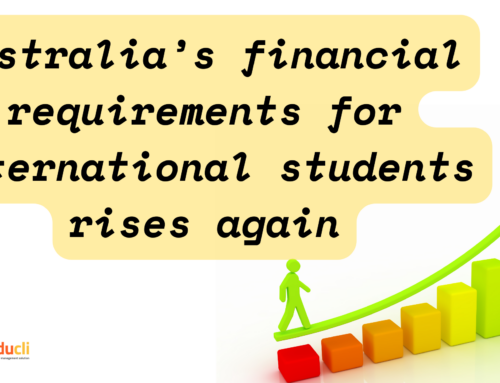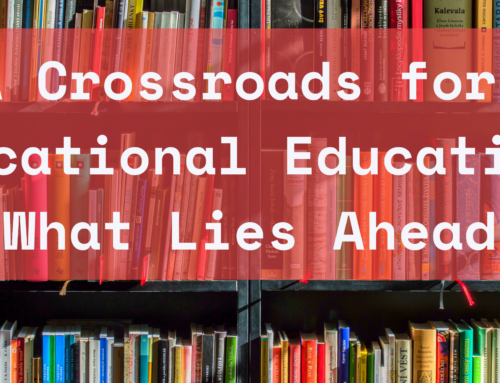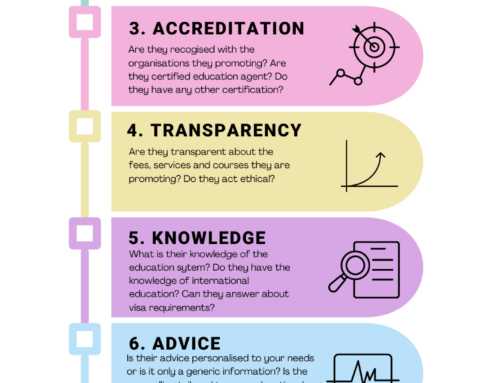There have been incredible developments in EdTech, or educational technology, in recent years. OpenAI’s ChatGPT, on the other hand, is a game-changer in terms of how students and teachers engage with course materials. This article explores the revolutionary effects of ChatGPT on EdTech, particularly its effects on data processing tools.
The Rise of ChatGPT in EdTech
The ChatGPT language model developed by OpenAI makes use of deep learning to simulate natural conversation. Its ability to interpret and generate text in response to a given context makes it a useful resource for a wide range of pedagogical uses. ChatGPT’s use of NLP to facilitate individualized and collaborative education has the potential to transform the field.
Enhancing Student Engagement
Engaging students is a major issue in the conventional educational system. ChatGPT solves this problem by facilitating lively, two-way exchanges between teachers and students. It can act as an online tutor by giving students individualized attention, fielding their questions, and facilitating fruitful discussions. This conversational method encourages active participation from students, which leads to enhanced learning.
Supporting Data-Driven Learning
EdTech relies heavily on data processing because it allows for the analysis of large amounts of educational data to draw conclusions. ChatGPT makes a sizeable impact in this area by processing and generating text based on large datasets, thereby allowing teachers to gain insight and adjust their practices accordingly. ChatGPT uses machine learning algorithms to help educators make more data-driven and well-informed decisions by spotting patterns, trends, and knowledge gaps.
Adaptive Learning and Personalization
ChatGPT’s flexibility is one of its greatest strengths as an educational technology. ChatGPT is able to provide individualized instruction based on each student’s needs and learning style thanks to its ability to track and analyze their activity and preferences. This method of adaptive learning makes sure that each student gets the help they need and the material they are interested in.
Language Acquisition and Translation
ChatGPT shows promise in a number of different domains, one of which is language study. By having students engage in practice conversations and receiving immediate feedback and corrections, the system can aid in the development of their linguistic competence. ChatGPT also helps with translation, allowing students from different language backgrounds to work together more easily.
Challenges and Ethical Considerations
Despite ChatGPT’s many positive contributions to EdTech, it is not without its fair share of difficulties and ethical concerns. Critical areas that need careful attention include protecting user data, eliminating bias in training data, and keeping the AI’s decision-making processes open and understandable. In order to deal with these issues and make sure that ChatGPT is used fairly and responsibly in the classroom, OpenAI and teachers need to work together to create clear guidelines and ethical frameworks.
Conclusion
When it comes to data processing technologies in education, OpenAI’s ChatGPT is a game-changer. New possibilities for customized and dynamic education are made possible by its ability to hold conversations in natural language and draw on massive datasets. Educators can improve student engagement, promote data-driven decision making, and provide individualized instruction by leveraging ChatGPT. ChatGPT has tremendous potential to reshape the future of education by making it more approachable, engaging, and effective as the EdTech landscape continues to develop.
#ai #edtech #education #educli




